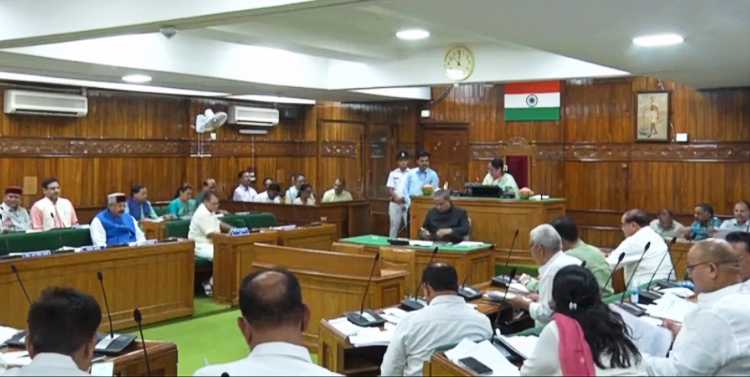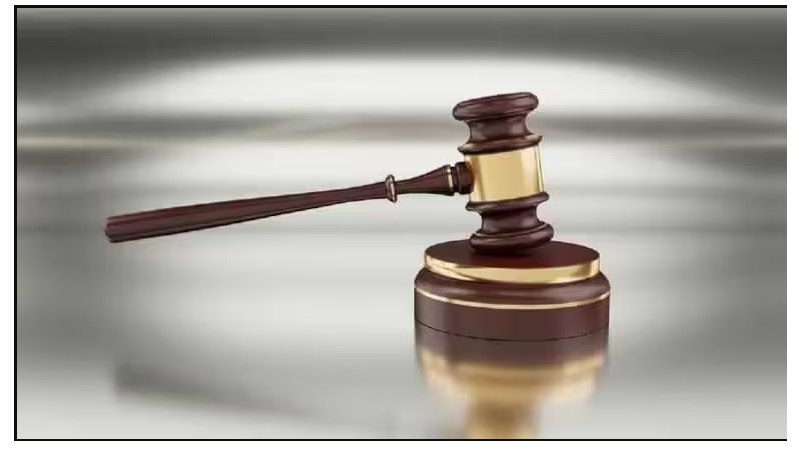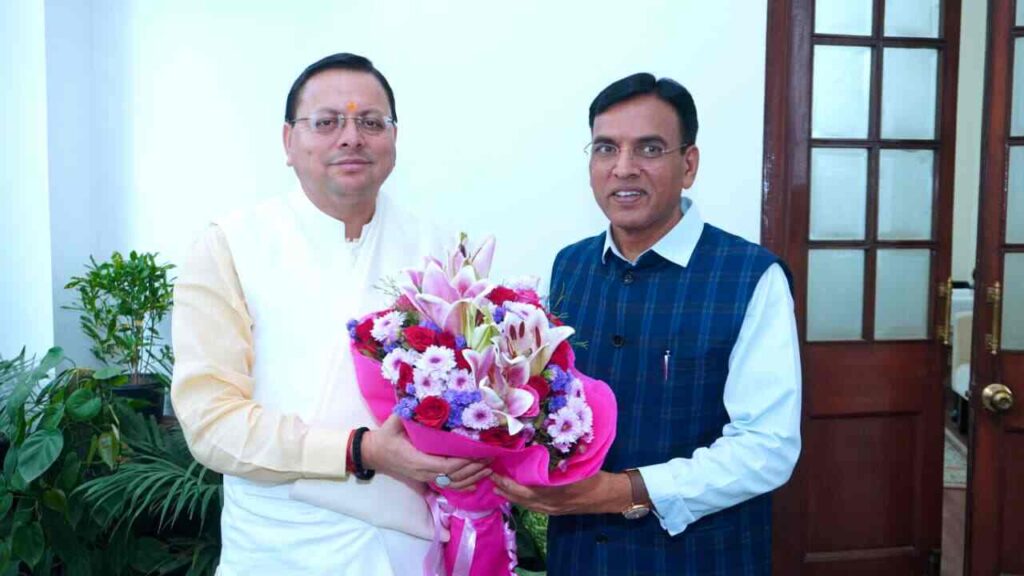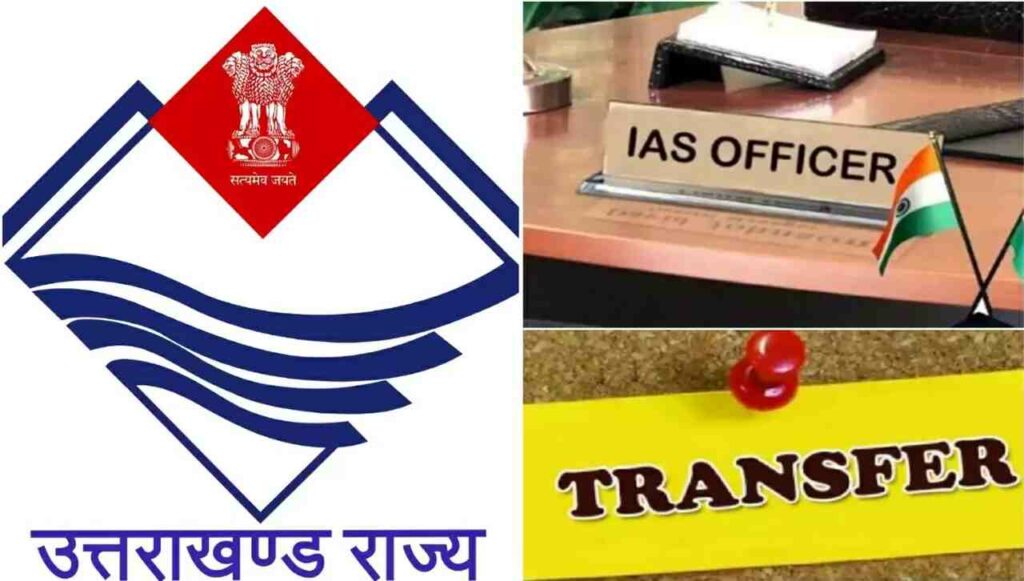Dehradun: The Uttarakhand Assembly’s special session has been adjourned sine die. The three-day special session of the Uttarakhand Assembly was tumultuous. Issues such as corruption, migration, and Gairsain were hotly debated during the session. The ruling party and the opposition also witnessed heated exchanges.
During the three-day special session, the House proceeded for a total of 20 hours and 23 minutes. The achievements made in the past 25 years were discussed, along with a roadmap for the future. Furthermore, important issues such as Uttarakhand’s permanent capital and the domicile of the state were also discussed during the House proceedings. Following the adjournment of the special session sine die, while the ruling party is hailing the session as a positive and historic one, the opposition party is calling the accounts presented by the Congress government a bundle of lies.
Parliamentary Affairs Minister Subodh Uniyal stated that all members participated in the special session of the Legislative Assembly. Given the members’ enthusiasm, the proceedings were extended for a day for the first time. The House transcended party lines and discussed the state’s development journey over the past 25 years, as well as the roadmap for the next 25 years.
He also stated that since Narendra Modi became Prime Minister, Uttarakhand has received approximately ₹2 lakh crore in aid from the Government of India in the past 11 years. This presents a significant opportunity for Uttarakhand to explore how to advance the state’s infrastructure, basic necessities, healthcare, and industrialization.
Leader of the Opposition Yashpal Arya stated that the ruling party’s account of the three-day special session, which was supposed to be a meaningful discussion, was merely a bundle of lies. Consequently, the House expressed the need to evaluate the 10 years of Congress rule and the 13 years of BJP rule. The present BJP government should accept the fact that the first elected government after the formation of the state established a new dimension of development.








